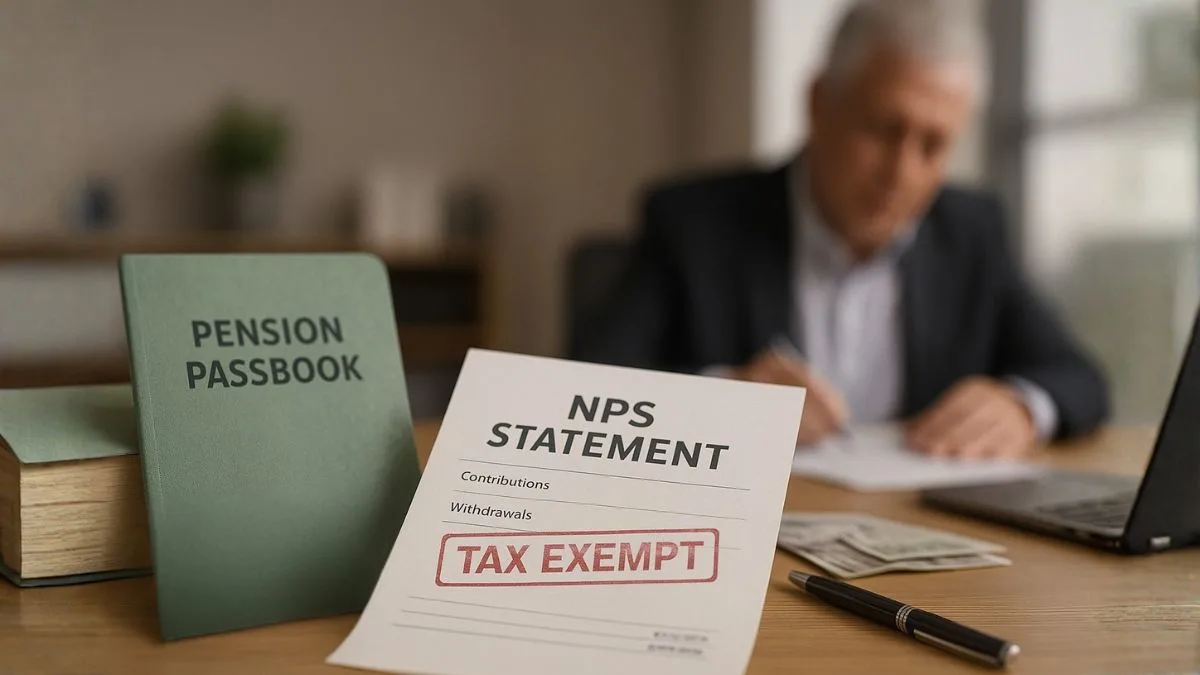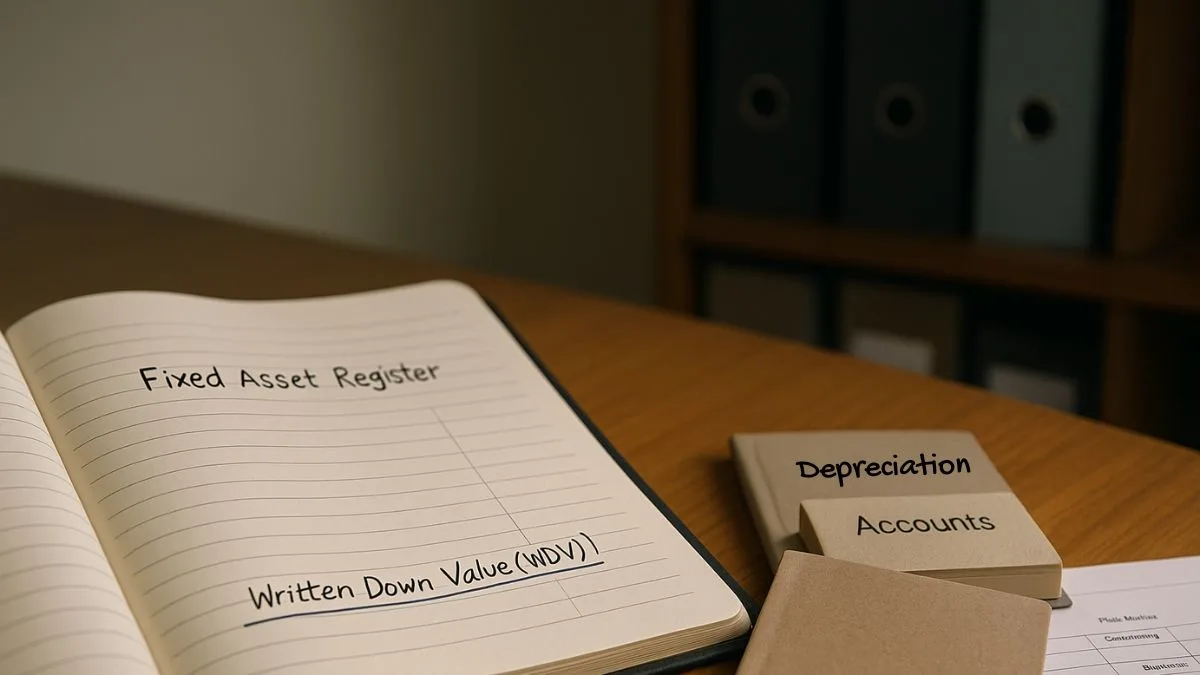
When you plan your taxes, you might assume that only your personal income matters. But under Section 64 of the Income Tax Act, that’s not always true. This section deals with clubbing of income, where your income includes the income of another person, mostly close family members like your spouse, minor child, or even daughter-in-law in some cases. This is done to avoid tax evasion through artificial transfers.
Let’s simplify the section & help you understand where and how this clubbing provision can apply to you.
🔍 What Does Section 64 of the Income Tax Act Say?
Section 64 outlines situations where the income of another person is added to your income, & taxed in your hands.
This clubbing provision generally kicks in if:
- The transfer of income or assets was done without adequate consideration, or
- The recipient is your spouse, minor child, or daughter-in-law.
- You transferred income-generating assets, but retained ownership indirectly.
The purpose? Prevent misuse of the tax system by splitting income among family members to reduce tax liability.
👨👩👧👦 Who Falls Under This Section?
Here’s a quick look at who’s affected:
- Spouse
If an individual transfers an asset to their spouse without adequate consideration, any income from such asset is included in the transferor’s income. - Minor Child
The income of a minor child (below 18 years) is clubbed with the income of the parent with the higher income, except in special cases (like disability income or earnings from their skill or talent). - Son’s Wife (Daughter-in-law)
If a person transfers any asset to the wife of their son, without adequate consideration, the income from such assets gets clubbed in the hands of the transferor. - Any other person or Association of Persons
If the transfer is made to any other person or association, for the benefit of a spouse or daughter-in-law, clubbing applies too.
🧾 When and How is Income Clubbed?
Section 64 becomes applicable when an individual tries to transfer income indirectly to someone else. This includes situations where:
- A revocable transfer of assets is made (you can take it back),
- Assets are given to family in someone else's name, but you’re still the indirect beneficiary.
- An individual shall be deemed to have transferred the converted property (like converting separate property into joint family property).
So, there shall be included all such income as arises directly or indirectly from these assets in your total taxable income.
📌 Real-Life Example for Better Understanding
Imagine Mr. Sharma gifts ₹10 lakhs worth of fixed deposits to his wife, Mrs. Sharma. The interest earned annually is ₹70,000.
Since this gift was without adequate consideration & is earning income, the ₹70,000 will be taxed in Mr. Sharma’s hands, not in his wife’s.
Similarly, if he had transferred the deposit to his minor child, the income (unless exempted) would still be clubbed with his income.
📚 Key Takeaways for Taxpayers
- The income of an individual includes the income of spouse, minor child, etc., if transferred without adequate consideration.
- Avoiding clubbing is possible if the spouse or minor child uses their income or skills to earn.
- Income must be earned by the transferee using their effort to avoid clubbing.
- Section 64 targets indirect income shifting or benami-style arrangements within families.
🛑 Exceptions to Clubbing of Income
There are certain exceptions where clubbing will not apply:
- Gift to a spouse made before marriage – not clubbed.
- Income earned by a minor child through their own skill or talent (like acting or singing) – not clubbed.
- Any income from reinvested funds that were clubbed earlier, not clubbed again.
Understanding these nuances helps you plan your tax efficiently & avoid common clubbing mistakes.
✅ Final Words
Section 64 might seem like a small clause, but its impact on your tax calculation can be big. If you’re transferring money or assets to family, it’s crucial to know when that income can boomerang back to your tax file.
Want to make sure you’re not unknowingly falling into a clubbing trap?
Get your income structure reviewed by tax experts at Callmyca.com & avoid future notices or penalties.
Trust us—this one move can save you a ton in the long run.











